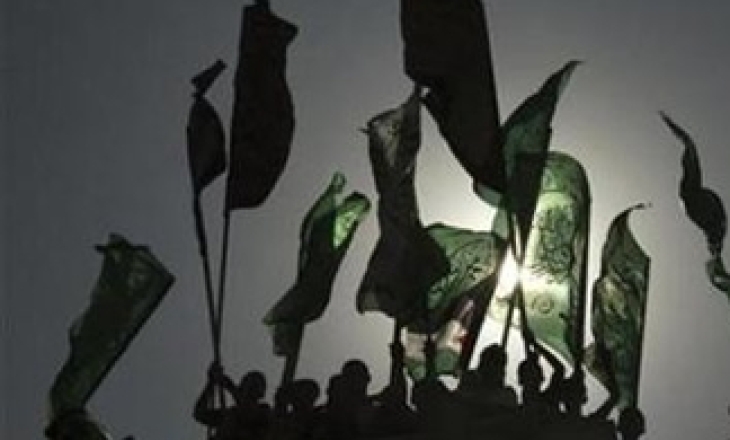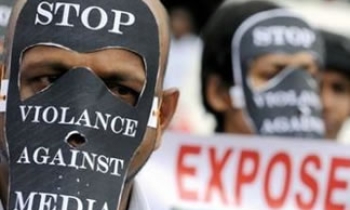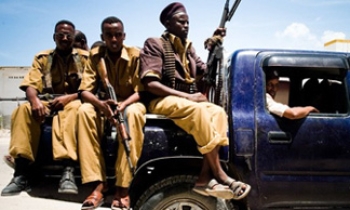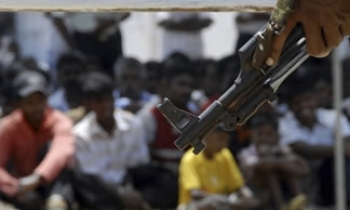With Israel continuing its blockade of the Gaza Strip, news reportage has become a casualty. For almost three weeks now, foreign journalists have been denied entry into the area.
The Tel Aviv-based Foreign Press Association (FPA), which represents the collective interests of the international media covering the news in Israel and the Palestinian Territories, has now filed a Supreme Court petition seeking to overturn a government ban on journalists entering the Gaza Strip, even as the Israeli defence and foreign ministries are sparring over the issue.
The court petition was filed Monday after a letter, signed by the heads of the world's biggest news organisations and sent to Israeli Prime Minister Ehud Olmert, failed to bring about a reversal of the ban, the Jerusalem Post reported.
Since Kassam rockets began falling again on the western Negev in early November, crossings have been closed except for urgent medical cases and a handful of humanitarian aid workers. The letter, protesting the ban, was signed among others by the Associated Press (AP), Reuters, the New York Times, the BBC, and CNN.
The Supreme Court responded on Tuesday by giving Israel 15 days to respond to the FPA demand. FPA lawyers, according to the Christian Science Monitor, appealed the decision, suggesting that it was an old-fashioned schedule in an age of real-time news.
"We're trying to make it clear to them that 15 days is too long," says Naomi Vestfrid, one of the lawyers on the case. "We're in the 21st century: news travels in minutes, even seconds. We're trying to tell them that obviously, you didn't understand the urgency in the matter."
Israel's defence and foreign ministries have been at loggerheads over the issue. The former have argued, according to the Post, that opening the crossings to journalists would endanger the personnel who man them. The latter have contended that the story being reported abroad was less about Kassam rockets and more about banned journalists—something that has damaged Israel's case.
Israel's left-leaning Haaretz newspaper said in an editorial on Sunday: "Shutting out foreign journalists is an act of punishment that gives Israel and her democracy a bad name."
Since the ban, coverage in Gaza has been largely left to local Palestinian staff and a handful of foreign journalists who entered before the ban took effect, including two AP reporters. Israel's defence ministry says foreign journalists will be allowed in only once Hamas militants stop shooting from the Gaza side.
The borders were temporarily opened for several hours Monday and for a few hours last week, during which time a small amount of humanitarian aid for Gaza's 1.5 million Palestinians was allowed to enter. The United Nations and other relief agencies say that the amount permitted in by Israel was token and will not meet the shortfall created by three weeks of almost complete closure as supplies of food and fuel have been running precariously low.










